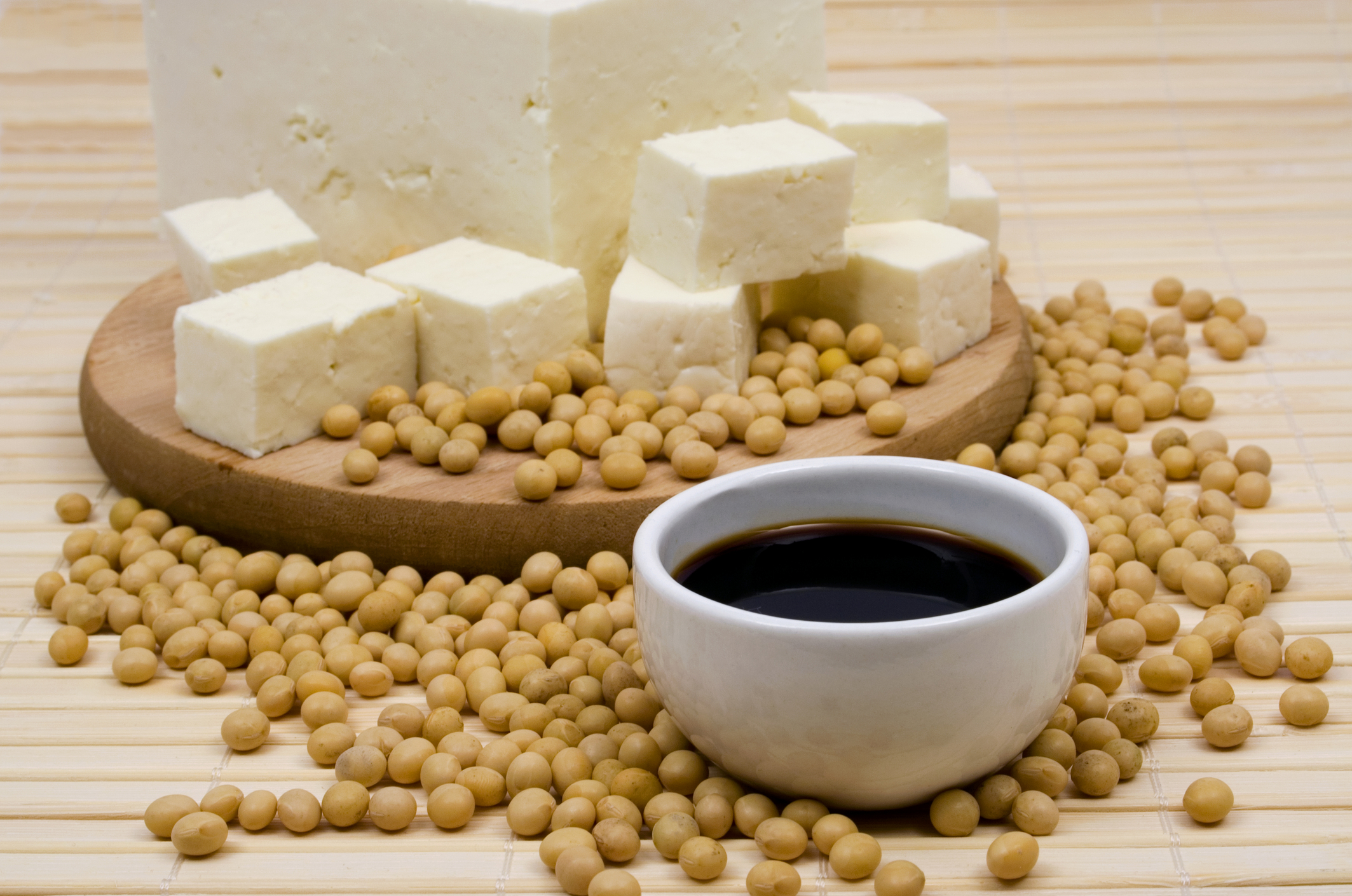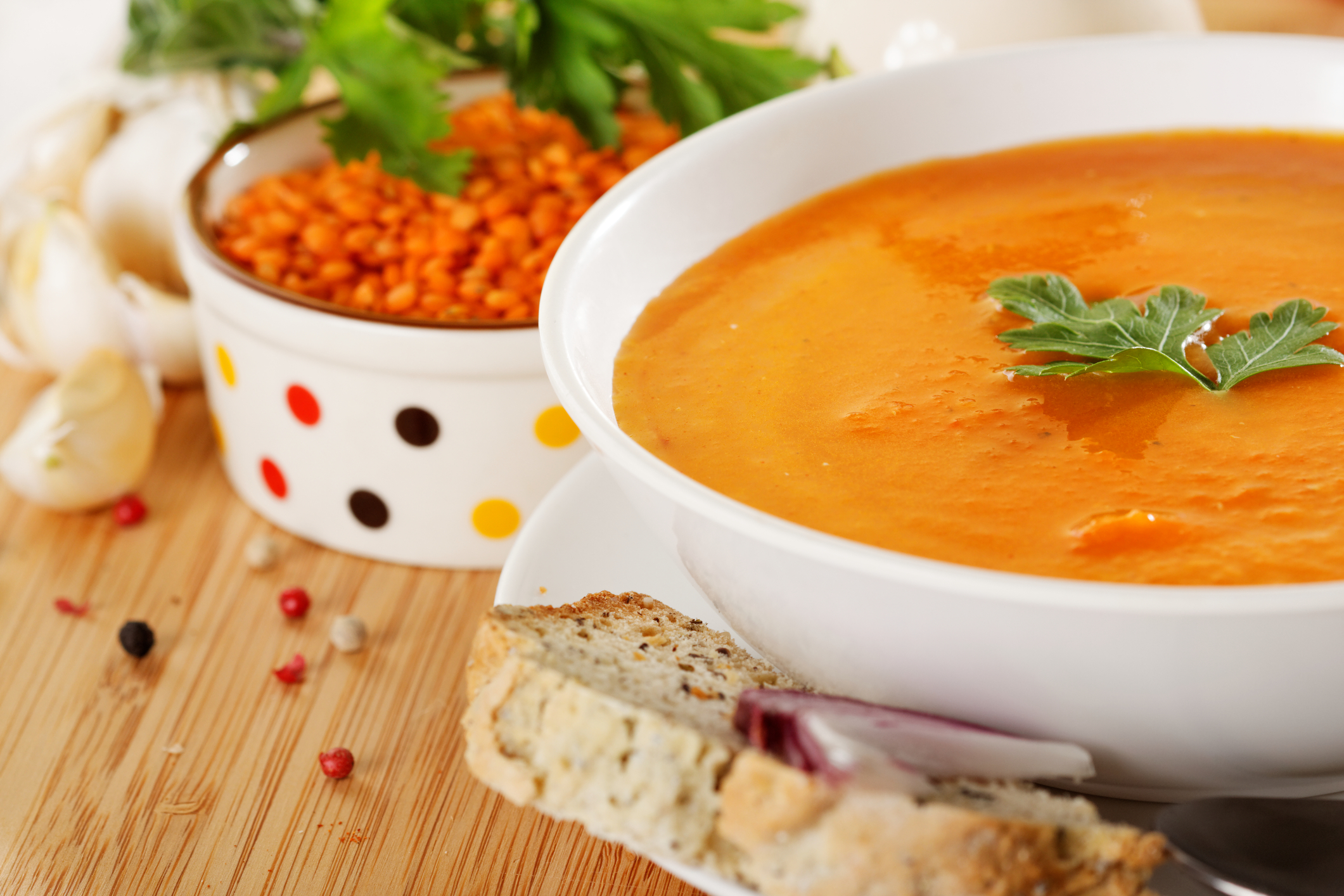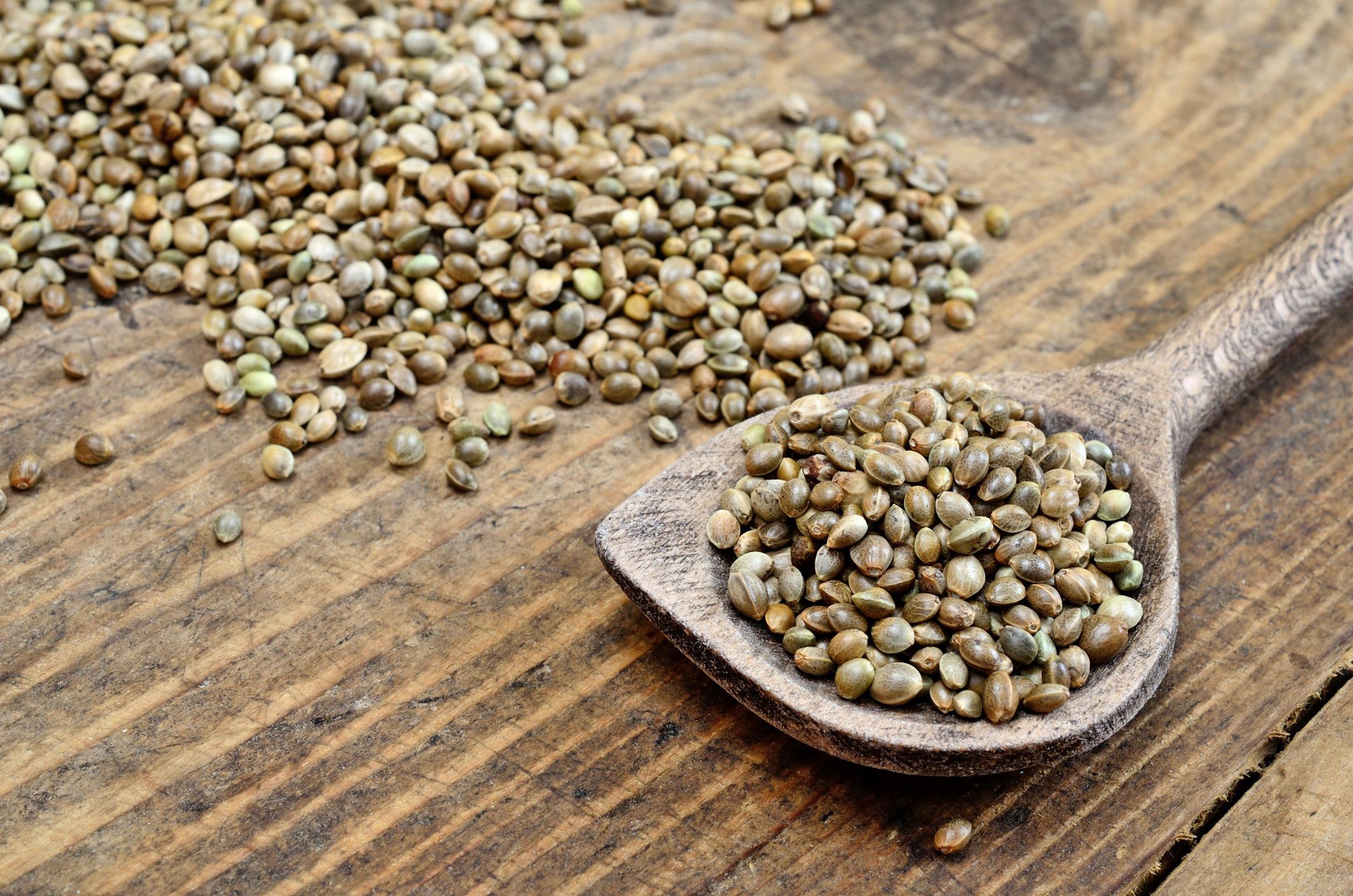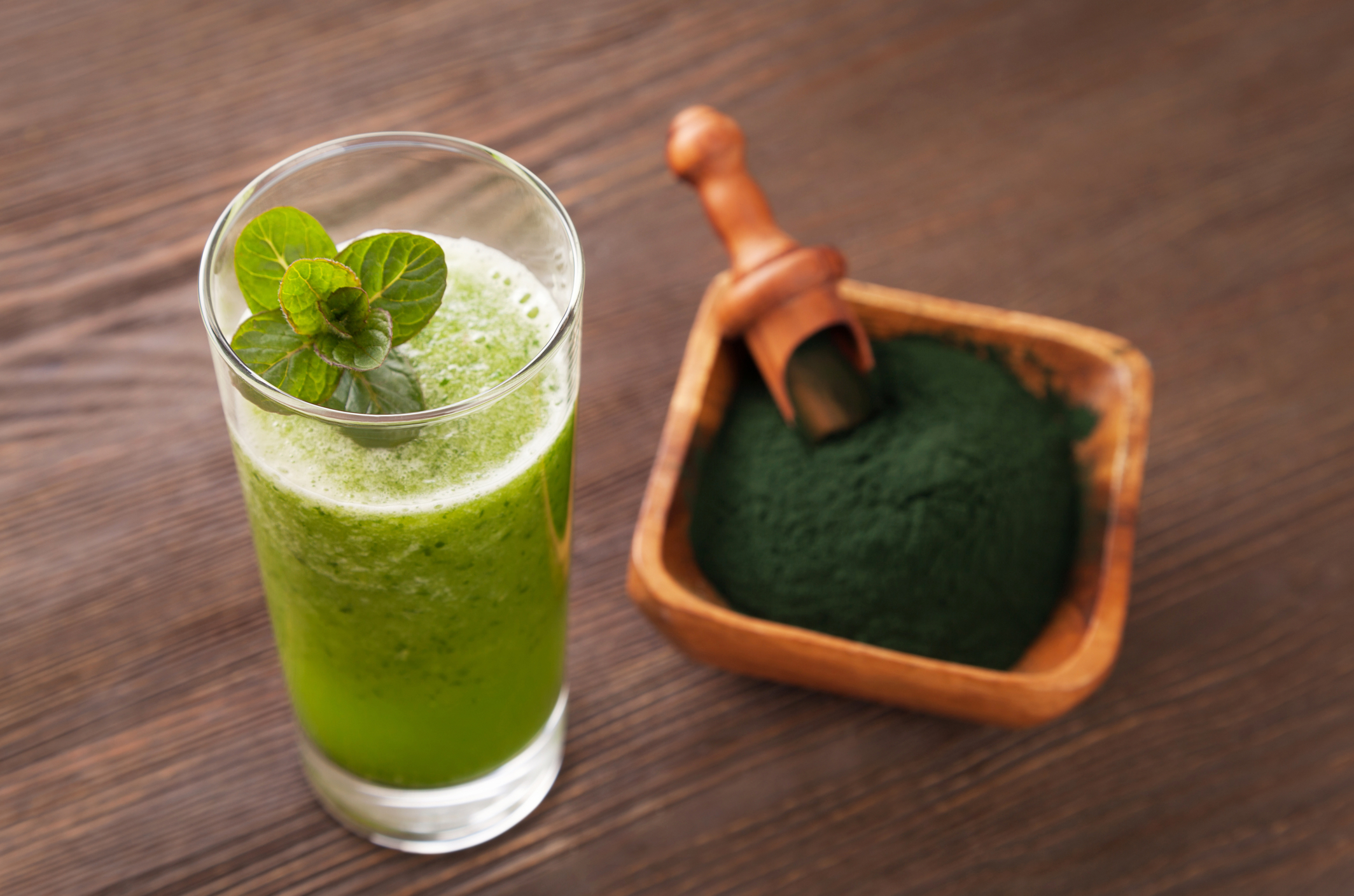Five Power-Packed Vegan Foods Bursting with Protein for Optimal Health
Arguably one of the most popular health foods today, quinoa is a gem for protein seekers, especially vegans. This grain crop, grown primarily for its edible seeds, is known as a pseudocereal. This means it is neither a cereal nor a grass, like wheat or rice, but is used in much the same way.
Quinoa is among the select few plant foods that contain all nine essential amino acids, making it a complete protein source. An uncooked 100g serving provides roughly 14g of protein, which is higher than that of most grains. With an impressive protein to carbohydrate ratio and a low glycemic index, quinoa provides sustained energy and can assist in weight management.
Not just protein, quinoa is also packed with fiber, iron, lysine, magnesium, B vitamins, potassium. Furthermore, it's gluten-free, making it an ideal choice for those with gluten intolerance. Quinoa’s versatility further enhances its appeal; it can be included in salads, soups, or even used as a grain substitute in many dishes.
Quinoa's nutritional composition positively influences numerous health aspects. It can enhance digestive health due to its fiber content, boost heart health due to its good fats, and assists in muscle building and repair because of its high-quality protein. Furthermore, the multitude of nutrients aids in overall well-being by supporting various bodily functions.
Soy - Versatile, Hearty, and Protein-Rich

Soy has been a cornerstone food item in many Asian diets for centuries and holds significant protein value for vegans. This versatile plant-based protein enjoys various forms, from tofu and tempeh to edamame and soy milk. Depending on its form, an approximate 100g serving of soy yields around 7-20g of protein.
Naturally low in saturated fat, soy foods are a rich source of omega-3 fatty acids and provide a multitude of vitamins and minerals including potassium, magnesium, and calcium. Additionally, soy is high in polyunsaturated fats, fiber, and various antioxidants.
The intake of soy has been linked to a wide range of health benefits, such as reducing cholesterol levels, improving metabolism, and boosting heart health. It also plays a vital part in bone health due to its significant calcium and magnesium content.
Moreover, fermented soy products like tempeh and natto present an excellent source of probiotics, contributing to a healthier gut microbiome. Consuming soy-based products provides ample opportunities to touch multiple bases in the nutritional spectrum while securing healthy protein intake.
Unleashing the Potential of Lentils

Lentil, a cousin of the bean, pea, and chickpea, is an impressive plant-based protein source that vegans can enjoy. This small but mighty legume packs a hefty dose of protein; a single cup of cooked lentils provides around 18g of protein.
Lentils are also high in fiber, both soluble and insoluble, which aids digestion and can help regulate blood sugar levels. This makes lentils particularly beneficial for individuals with diabetes or pre-diabetic conditions.
Rich in vitamins and minerals, including iron, potassium, and folate, lentils can contribute to improving and maintaining heart health due to its potassium and fiber content.
Lentils' uniquely earthy flavor and hearty texture make them a versatile staple in a variety of dishes, from Ethiopian stews to Mediterranean salads. Whether in a soup, salad, or side dish, lentils offer a simple way to elevate protein intake while delivering a multitude of essential nutrients.
The Mighty Hemp Seeds

Although often overlooked, hemp seeds offer an excellent protein source for vegans. These tiny powerhouses of nutrition deliver a significant 33g of protein per 100g serving, one of the highest among plant-based sources. Furthermore, hemp seeds contain all essential amino acids, making them a complete protein source.
In addition, hemp seeds are exceptionally rich in two essential fatty acids, omega-6 and omega-3, and pack in a substantial amount of fiber. They're also a fantastic resource for numerous vitamins and minerals, including vitamin E, phosphorus, potassium, sodium, magnesium, sulfur, calcium, iron, and zinc.
Empirical evidence suggests that consuming hemp seeds may lead to a range of health benefits. These include reduced inflammation, improved heart health, and skin health. The high levels of omega-3 and omega-6 fatty acids present in these seeds have significant cardiovascular benefits, besides the potential to aid brain function.
Hemp seeds offer a mild, nutty flavor and can be consumed raw, cooked, or roasted. They can be incorporated into the diet in numerous ways, such as mixing them into smoothies, sprinkling them over salads, or adding them to baked goods.
Embracing the Power of Spirulina

Spirulina, a type of blue-green algae, is renowned as a superfood offering an astonishing 57g protein per 100g serving. This microalgae is not just a powerhouse of protein but also provides an array of other nutrients such as vitamin B1, iron, and calcium.
Due to its high protein and nutrient content, NASA proposed spirulina as a food to be cultivated during long-term space missions. It is also used as a dietary supplement available in tablet, flake, and powder form.
Spirulina's health benefits range from boosting energy levels and aiding detoxification to supporting the immune system, and improving gut health. The antioxidants present in it also help to reduce inflammation and enhance overall health.
Although spirulina's intense flavor may not be appealing to everyone, it can be cleverly incorporated into the diet through smoothies or energy bars. It's a food that not only benefits your health but also contributes to maintaining our planet's health because of its capacity for carbon sequestration and oxygen production. A winning combination, indeed!